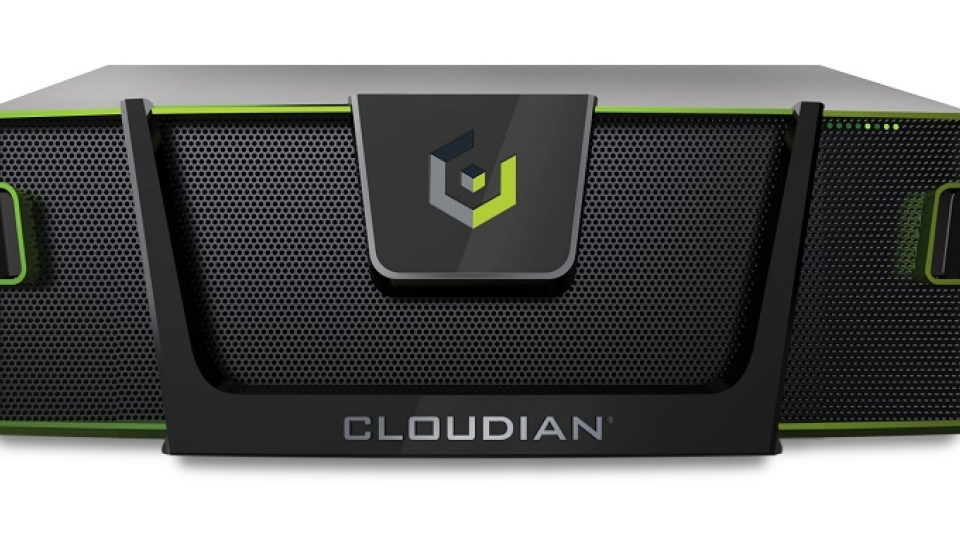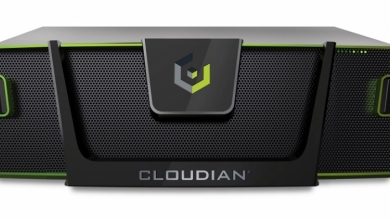
Cloudian’s unstructured data management systems are doing well in Europe, it says, working with resellers and through distribution to supply enterprise storage. Cloudian has also increased its EMEA sales footprint with a new EMEA headquarters office in Amsterdam, new sales teams in France and the Nordics, and an expanded sales staff in Benelux. With the appointment of a VP of customer success, it expects continuing growth.
“We have seen explosive growth and are expanding aggressively in EMEA to meet demand for Cloudian’s S3-compatible enterprise storage systems that deliver limitless scalability and matchless simplicity,” said Jacco van Achterberg, vice president, EMEA at Cloudian, who has been with the company four years.
It has taken the creation and recognition of Amazon’s S3 standard to bring this enterprise object storage market to life. “When I joined the market did not exist, there was no standard protocol.”
Application vendors now all support S3 and this has driven the market. Cloudian was written with S3 at its core. This move to build on existing business is being further encouraged by the appointment of a new vice president of customer success, Hamed Fadel. Fadel, who has previous experience at Siemens and NetApp, is tasked with keeping up that communication with existing customers and ensuring node expansion.
Cloudian’s EMEA partner network has expanded, with reseller partner additions including Komposite in France, European Electronique in the UK, PQR in the Netherlands, Akquinet in Germany, and Intertec in the Middle East. It has a particularly good working relationship with Rubrik, and with Nutanix, and the systems are often supplied together as a solution. “We are continuing to add partners – one advantage is that the solutions are reseller-specific, so there is not much competition, and there is a lot of room for resellers to grow.”
Europe does more smaller deals than the US, he says but new Global 2000 customers include an online travel market leader, a top-three pharmaceutical company, a multi-billion-dollar roofing manufacturer, a top-three car manufacturer, a leader in IT insurance services, a top-five European bank, and one of the largest global engineering firms.
“It is no longer a technical niche product, but is being used widely in all sizes of companies and in many verticals. Traditionally it was bought by very large enterprises, and specialists looking for object storage. This has changed and mid-sized companies are looking at it, based on being able to start small and build out. This has filled a gap for customers who did not want to start by having to buy million-dollar systems.”
In the UK, it supplies Public Health England with an archiving requirement through a reseller, and hospital in the Netherlands. “What they have bought is not object storage, but a solution for archiving. Resellers specialise and take our product which fits that line of business as a joint solution, built by the reseller.
The types of reseller range from boutique-type specialists to larger operations like CDW or Kelway, but the business seems to do best when sold as part of a vertical market solution or archive system. Many markets are facing the exponential growth of unstructured data, and many want to use it for analytics and AI, where Cloudian has built up a number of use cases.
Cloudian’s partners cover a lot of verticals; it might be a bit light in financial services, he thinks with a handful of European partners, and also in legal services where it perhaps needs a reseller with a strong application, but the nature of its installations, being node-based, means it tends to get a high level of repeat business and expansion of node numbers. And it is taking over from tape in financial services, where he sees a trend to being more cloud-like in data access. Cost is one of the benefits which object storage brings, particularly for customers struggling with data storage growth, so that seems likely to continue to drive the business.


